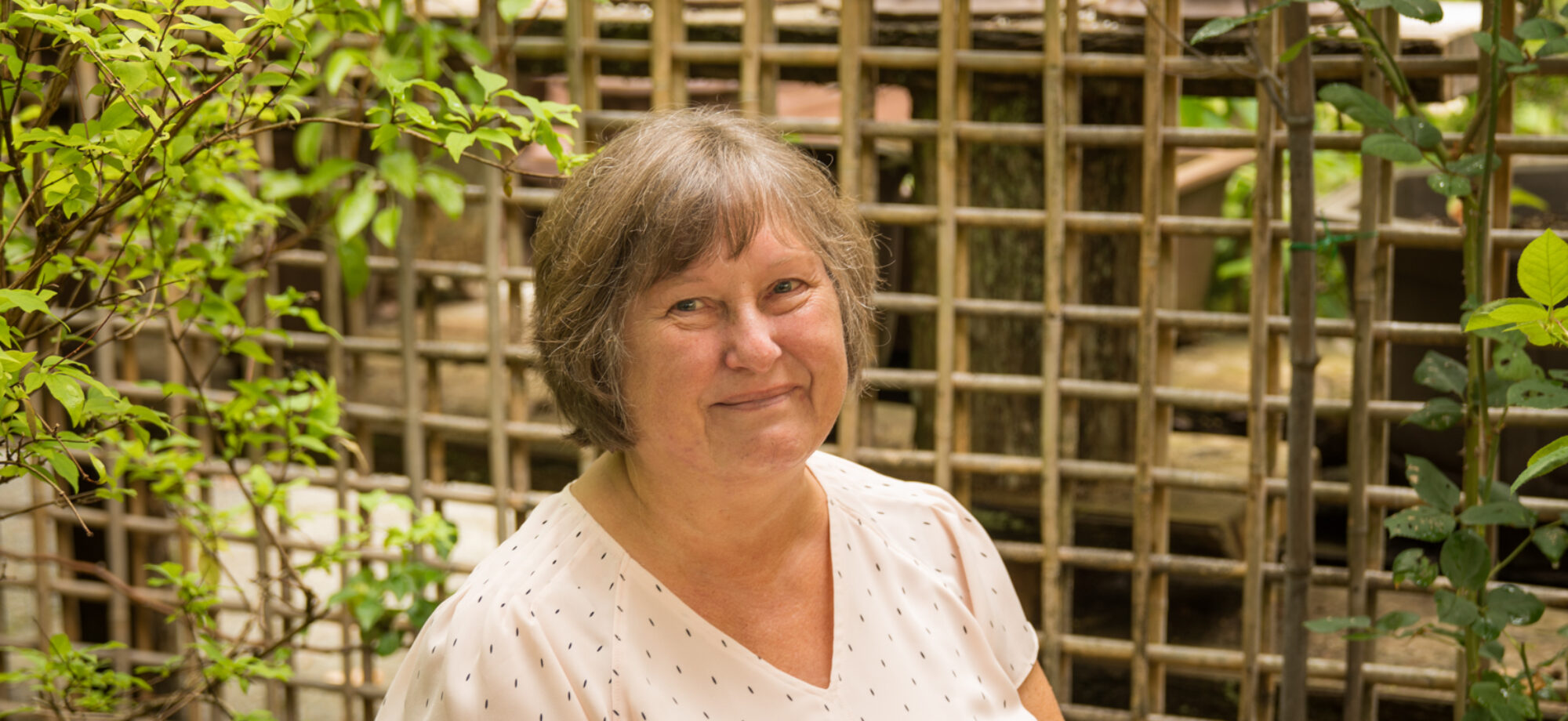Authentic History Portrayed in a Dual Timeline Novel

The Paris Library is based on the actual American Library in Paris. The author worked there as Programs Manager in 2010. She now divides her time between Paris and Montana, the other setting in the book.
The story is effectively written as a dual timeline novel. Young Lily, growing up in smalltown Montana, is fascinated by the mysterious Odile, the widow next door. They become fast friends, and Odile’s story of working in the Paris library during WWII emerges. Amazingly, the dedicated staff and volunteers kept the library open throughout the war. The Author’s Note at the end of the book fills in more details about the real people she based the characters on, plus other facts about the library that she didn’t include in the story.
The Personal WWII Within Each of Us
The Paris Library is about so much more than history, though. It’s about relationships–family, friends, lovers. Coworkers and community. Betrayal and forgiveness. The power of the tongue, for good and for evil. Most of us reading The Paris Library have not lived in the centre of a major war. Although the blatant evils of war are obvious, we often fail to see the evil in ourselves, caused by just a few words of betrayal that slip out of our mouths unintentionally. The war opened Odile’s eyes to her own guilt, and she is able to pass on the awareness to Lily before she ruins her own relationships.
I was lucky to find The Paris Library in a little free library on the roadside. Thank you to whoever left it there. Such a worthwhile read.
This website is a participant in the Indigo Affiliate Program which allows it to earn commissions from Indigo if you make a purchase on indigo.ca after linking through this website. Get the book here https://www.chapters.indigo.ca/en-ca/home/search/?keywords=the%20paris%20library#suggest=1&internal=1 by clicking on the link.
Learn more about the author at JSkeslienCharles.com.


 A slice of 1970s Mississippi. A decade of change. Hypocracy exposed. Appearances and loyalties questioned.
A slice of 1970s Mississippi. A decade of change. Hypocracy exposed. Appearances and loyalties questioned.